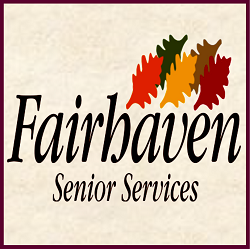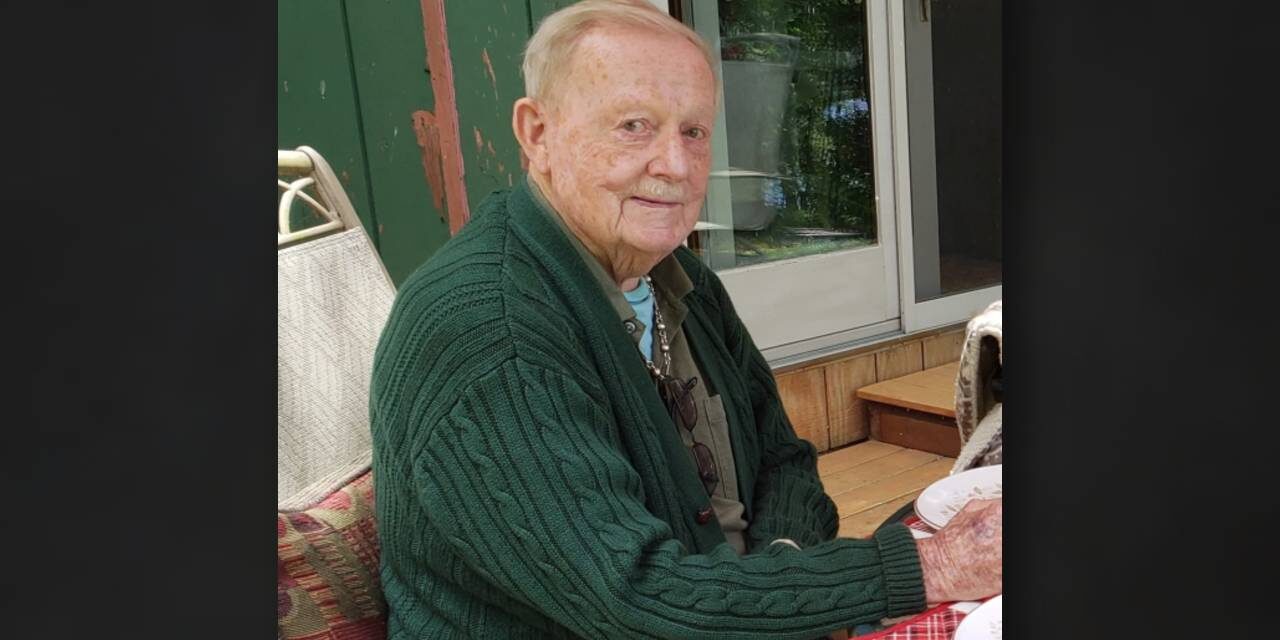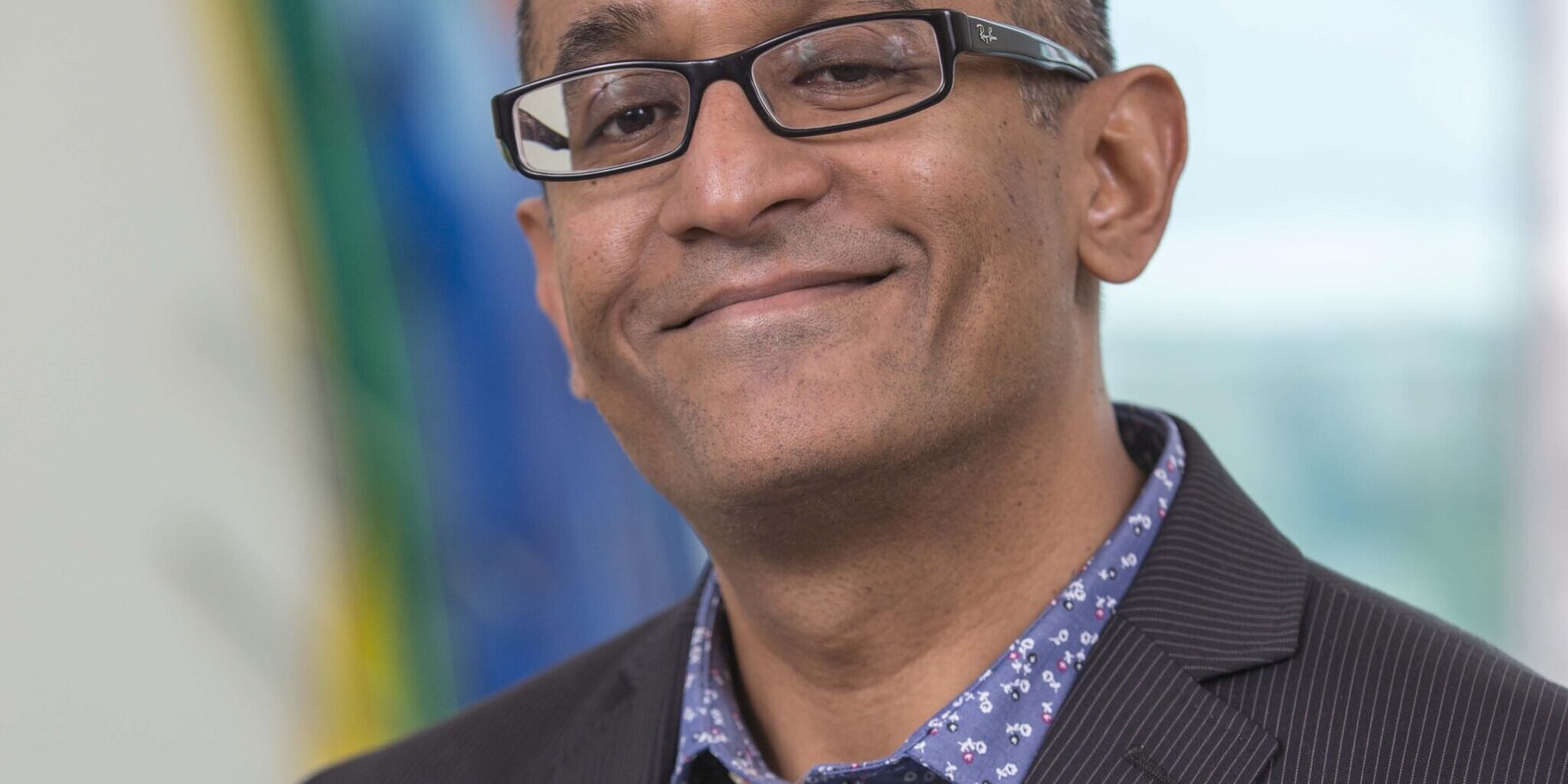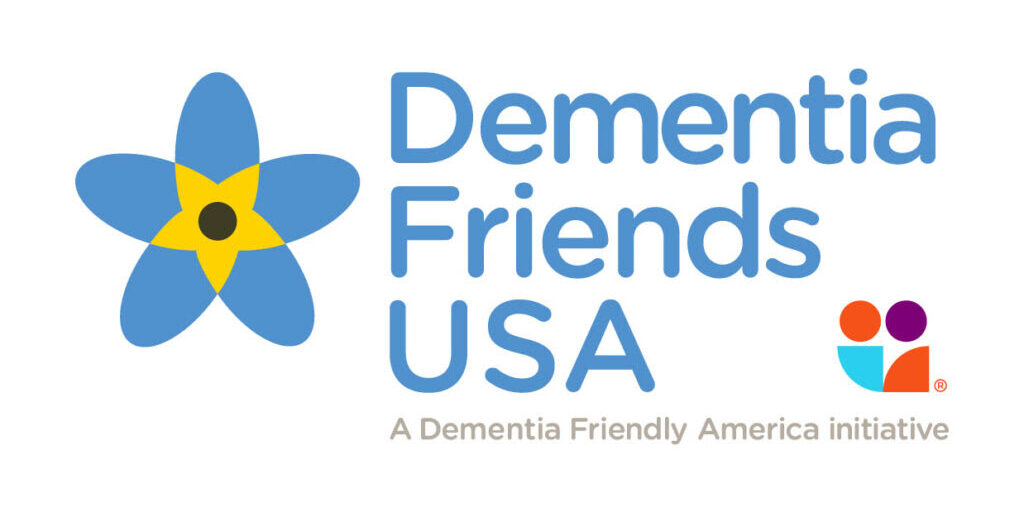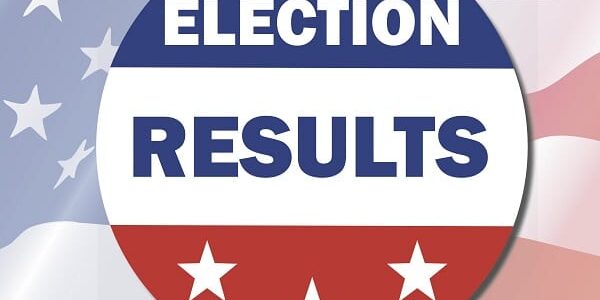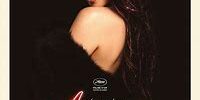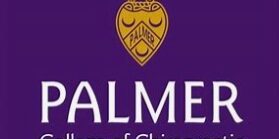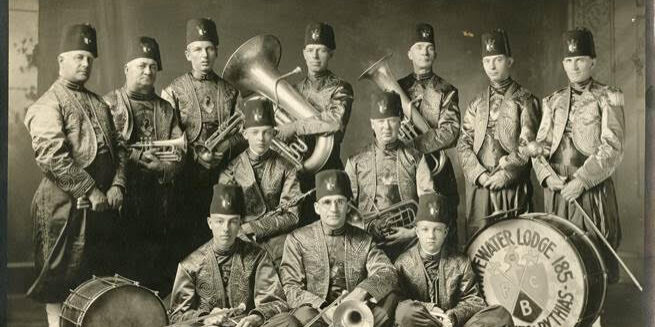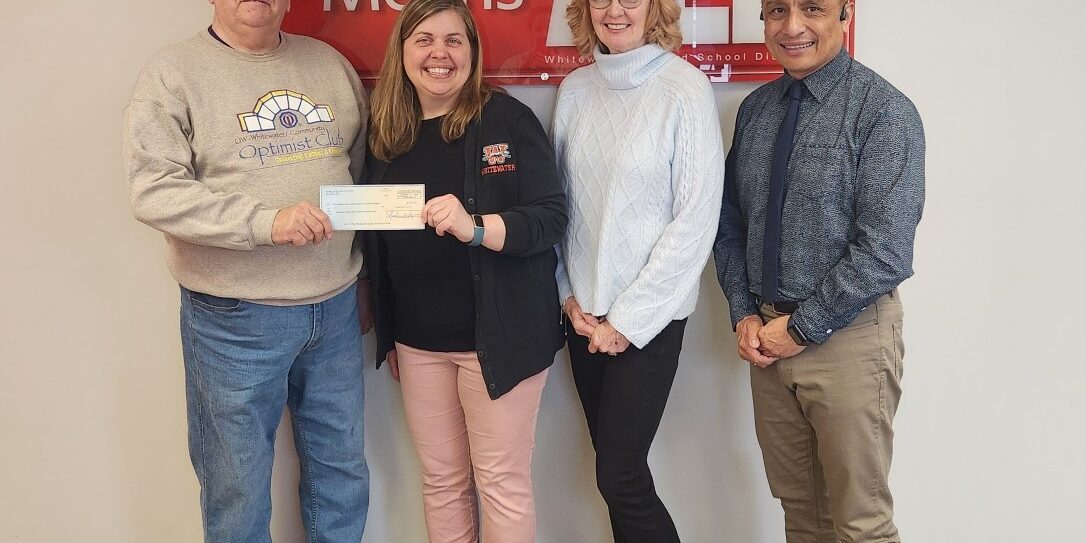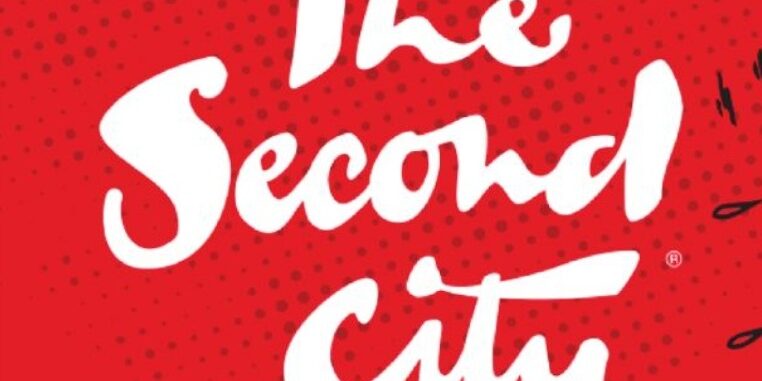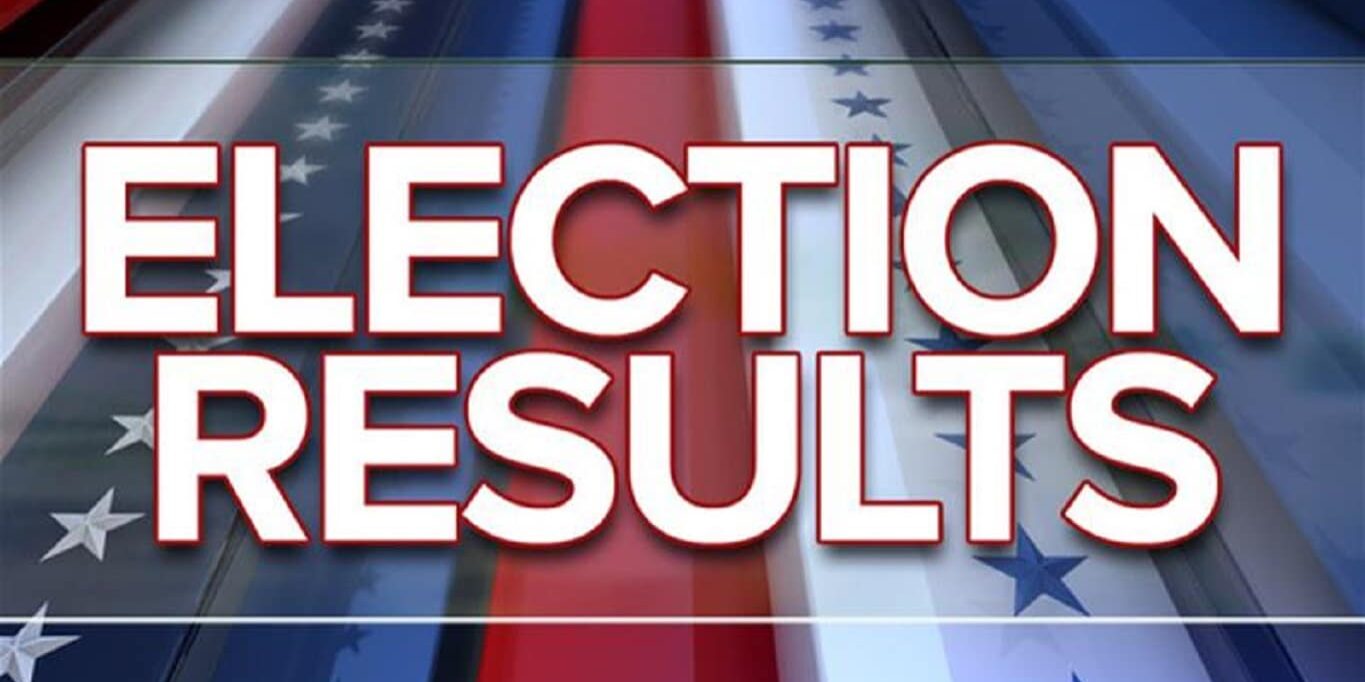UW-Whitewater reprises its role of service to the community during crisis
(UW-W press release) The University of Wisconsin-Whitewater and the Whitewater community have been through a great deal together in more than 150 years, including two world wars, the 1918 influenza pandemic and, now, the COVID-19 pandemic.
As part of the University of Wisconsin System, UW-Whitewater abides by the Wisconsin Idea — the idea that knowledge and research from the universities should benefit citizens across the state. In October, as COVID-19 cases spiked, UW System President Tommy Thompson called system campuses to put the Wisconsin Idea into practice by serving as regional COVID-19 surge testing centers during a six-week federal testing program secured by Thompson, who is a former secretary of the U.S. Department of Health and Human Services.
To date, 4,565 people — including UW-Whitewater students, faculty and staff and Whitewater community members — have used the testing site in the Kris Russell Volleyball Arena at UW-Whitewater’s Williams Center athletics facility.
Other members of the campus community have met the call as well. Students have reached out to fellow Warhawks who are in quarantine from COVID-19 and attending classes remotely. The Warhawk Pantry fills requests for extra food from students in quarantine at Clem Hall and from students quarantining at home off campus. Student organizations have led drives for gifts and food.
While the marshalling of efforts to meet the challenge of COVID-19 may feel unprecedented, it is just the latest manifestation of a Warhawk tradition of community and caring in times of crisis.
In spring 1917, students at the Whitewater Normal School, as the institution was named at the time, were looking forward to music and dancing at the annual spring pageant. But that changed when war was declared against Germany, and the U.S. entered World War I.
“Plans for the annual pageant, by all means the biggest event of the school year, were well under way,” said a story in the Whitewater Register. “Then came the declaration of war. Both faculty and students felt that they wished to do something.”
The pageant money was spent on seeds to raise crops on a two-acre plot on campus. The Register reporter wrote: “The men decided to digress from dancing to the cultivation of beans. The proceeds from the sale of the crop will be given to the Red Cross.”
Women, who had been admitted to the college from its inception in 1868, were not to be outdone by the gardeners. On the first day of Commencement Week, the day always set aside for the pageant, the women instead staged a benefit “fete” with music, dancing and drills for the public, charging 25 cents per person. Through 1918, the campaigns raised $1,250 — a fortune in those days — toward a national effort to house soldiers.
By 1918, the nation was dealing with both the final year of World War I and the first year of a worldwide flu pandemic. In just over two years, the pandemic would claim millions of lives worldwide. In Whitewater, people were asked to protect themselves in ways that will sound familiar today: avoiding contact with others, keeping hands clean, keeping hands out of the mouth, covering the nose with a handkerchief, boiling that handkerchief to clean it, avoiding direct contact with the sick, refraining from sharing tableware and getting good food and rest.
Beneath the title “If you have it —,” a Whitewater Register newspaper item published that year listed numerous precautions for flu victims to observe, including, “Do not kiss anyone.”
To make the pandemic more terrifying, it would ebb like the tide, and then return, twice, like a tsunami. During the second wave, a December 1918 Royal Purple story stated, “Whitewater is harder hit this time than last, but nothing is closed up and people seem to think there is no danger at all. And it is in that that the real danger lies.”
A little more than two decades later, in 1942, the Royal Purple was reporting on the early, dark days of World War II. Students volunteered with citizens in drives to fold surgical dressings for the Red Cross. For October alone, the quota of dressings expected from Whitewater was a sobering 20,000 bandages.
Quite possibly with a pang of emotion from personal experience, the Royal Purple reporter wrote, “There certainly must be very few on the campus who have not had the war brought close to home since last December.”
During World War II, the Wisconsin Idea of sending university expertise to every corner of the state was in full strength. In 1943 the Whitewater campus hosted one of Wisconsin’s eight Wartime Farm and Home Week sessions, a traveling short course by faculty from the College of Agriculture at UW-Madison. Dean Chris Christensen stated in the Royal Purple that the college “is moving programs out to you in critical days when all our efforts are directed in a maximum production of food, feed and fiber.”
Homemakers heard Frances Zuell, of the home economics program at UW-Madison, talk about “Woman Power in War Years.” Zuell and other home economist faculty taught about good nutrition, family morale, wasting nothing and, above all, how to make food and clothing last as long as possible.
Fast forward to 2020. Last month, as political science honor student Aailya Evans packed gift bags for students in COVID-19 quarantine, she said, “I just wanted to give back to the community and the students on campus who have been affected by COVID. I would say to them, ‘Stay strong. I hope we can make you smile and know that we’re still here for you.’”






